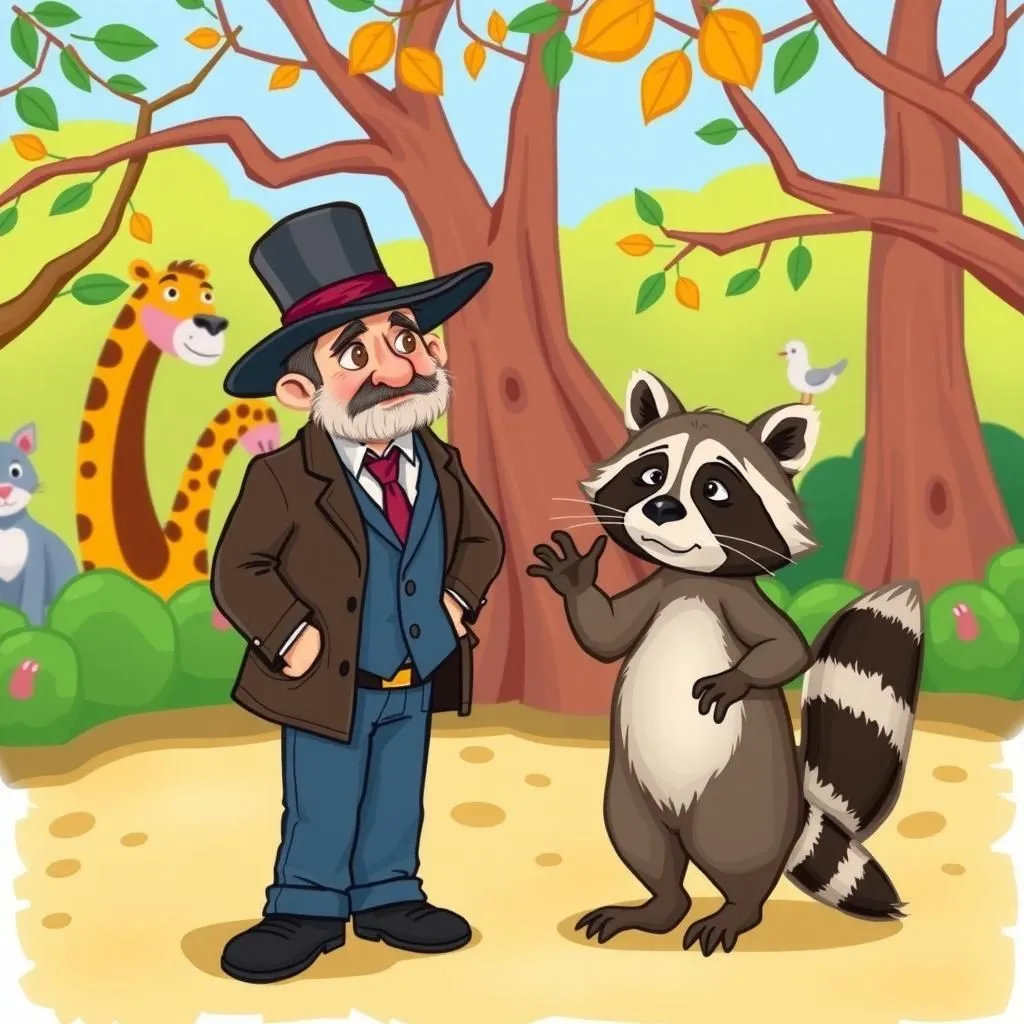
Six and One
In "Six and One," a Committee on Gerrymander, consisting of six Republicans and one Democrat, loses a poker game, leading to the Democrat winning all the money. The next day, a disgruntled Republican accuses the Democrat of cheating, claiming that disasters always occur when the minority is dealing, suggesting the cards were manipulated. This short and sweet moral story highlights the absurdity of blame and the lessons of fairness, making it a heartwarming tale for kids about integrity and accountability.


